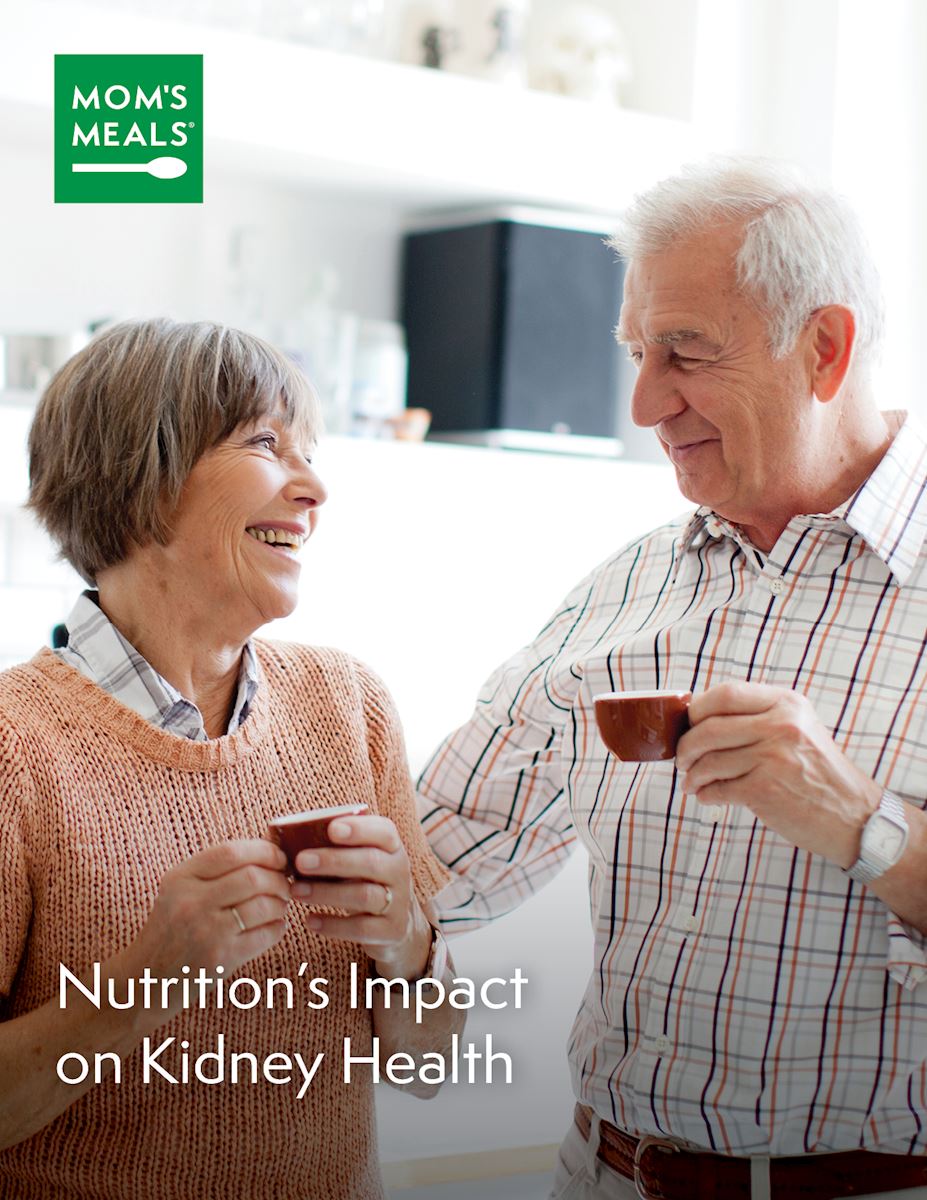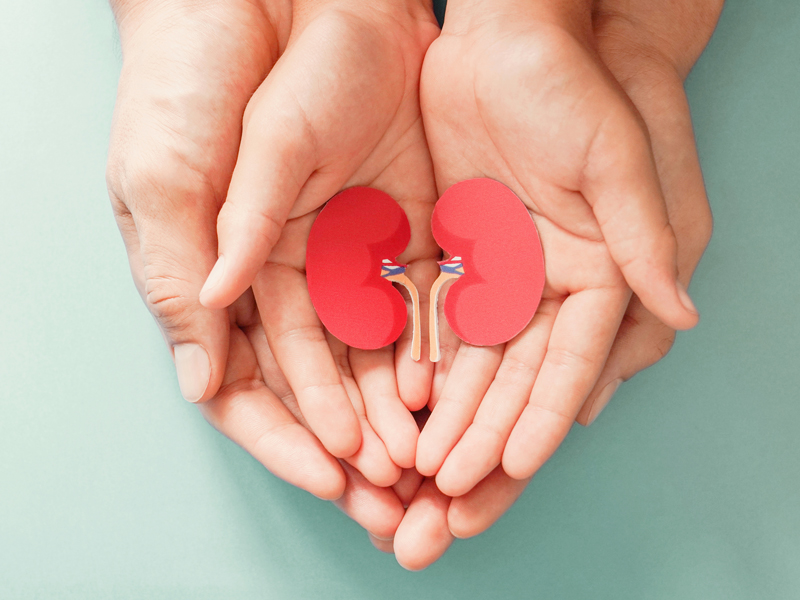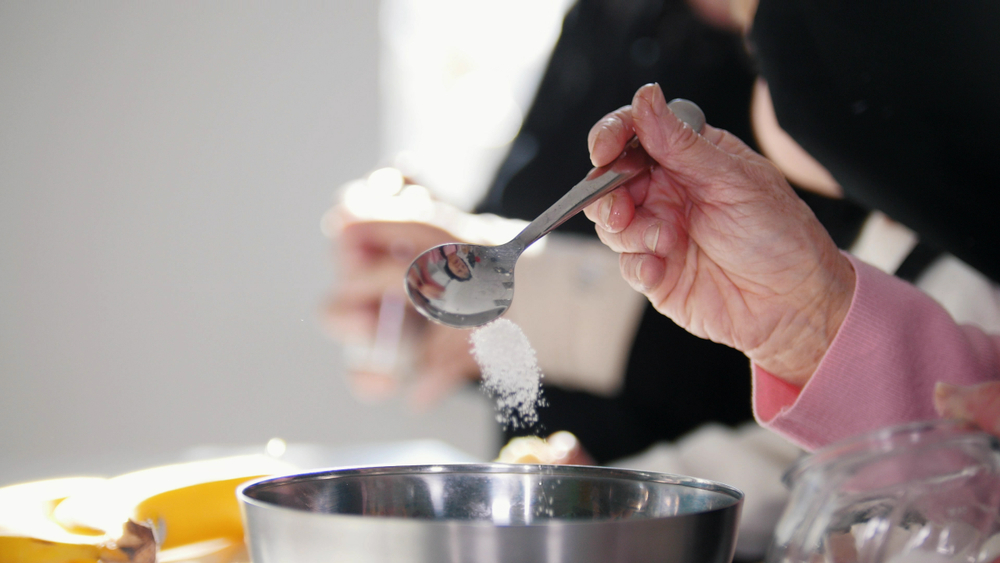How much potassium have you had today? And how about phosphorus? Most people don’t think twice about these essential minerals, but for people living with chronic kidney disease (CKD), managing intake is critical.
Those with CKD often face unique, complex, and often challenging nutritional needs, and must work closely with their health care provider to monitor intake of:
- Phosphorus — High phosphorus levels can cause body changes that pull calcium out of the bones, making them weak.
- Potassium — High potassium can affect the nervous system, leading to an irregular heartbeat or heart attack.
- Protein — Unhealthy kidneys lose the ability to remove protein waste. Protein waste can build up in the blood, which can overburden the kidneys and cause kidney function to decline faster.
- Sodium — Excessive salt (sodium chloride) may increase risk for complications, including high blood pressure and heart disease.
- Fluids — Compromised kidneys can’t filter extra fluid efficiently, causing fluid buildup that increases the risk of high blood pressure, stroke and other problems.
If you have CKD your doctor may recommend a kidney-friendly, or renal diet, that provides the nutrition you need from foods that are easy for your kidneys to process. Renal diets can be challenging to manage at first because they must balance many factors from nutrient levels and portion size to protein types and even fluid intake.
The process is not always intuitive because foods that are healthy for most people may pose problems for people with CKD. Bran cereal is a good example. It’s a classic health food, but it’s also high in phosphorus, so it’s not ideal if you have CKD.
As always, the first step is to talk with your doctor to learn what diet is right for your condition. A dietitian is also a great resource if you’re living with CKD.
Renal diet basics
Here are some easy-to-follow tips for most people following a kidney-friendly diet:
- Choose lower-sodium foods and don’t add salt to your meals or while cooking.
- Manage your portion sizes, especially for protein. A serving of protein is three ounces or about the size of your palm.
- Opt for fresh foods you prepare yourself versus packaged foods that can be high in sodium.
- Cook with healthy fats including olive oil or corn oil and try to avoid saturated fats like butter and lard.
The lists below give you an idea of foods generally found as a part of renal-friendly diets, and some of the foods that most people living with CKD should limit because of their salt, potassium or phosphorus levels.
The CKD 10 to enjoy:
- Unsalted popcorn
- Unsalted pretzels
- Apples
- Pineapple
- Strawberries
- Cauliflower
- Carrots
- Rice, wheat or corn cereals
- White rice
- Lean chicken
The CKD 10 to limit:
- Melons
- Bananas
- Potatoes
- Tomatoes
- Red meat
- Packaged baked goods
- Bran cereal
- Spinach
- Canned soup
- Dark colas
People living with CKD can simplify mealtime by getting renal-friendly meals delivered conveniently to their homes from Mom’s Meals®. Choose from a variety of delicious ready-to-heat-and-eat meals based on dietary recommendations associated with different stages of CKD.
Resource for you

Nutrition’s Impact on Kidney Health
Nutrition plays an essential role in one’s overall health and well-being. Get the white paper to find out how maintaining a nutritious diet has been shown to help prevent and slow the progression of kidney disease, as well as other chronic conditions that can affect your renal health.



